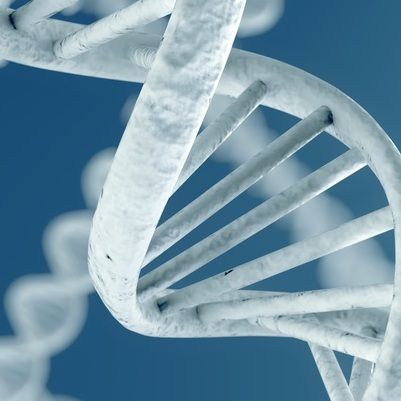Transpher A Findings: ABO-102 Provides Continuous MPS-IIIA Neurocognition Gain
Investigators observed sustained, dose-dependent benefits for young patients at 24 months.

Late-breaking data from the phase 1/2 Transpher A clinical trial show single intravenous (IV) administration of self-complementary AAV9-based vector encoding human SGSH (ABO-102) is associated with indicated benefit for neurocognitive outcomes in children with mucopolysaccharidosis IIIA (MPS-IIIA).
The findings, presented at the WORLDSymposium 2021 Virtual meeting this week, provide early hope for care in the early pediatric neurodegenerative lysosomal disorder for which there is no currently regulated therapies.
Led by Kevin M. Flanigan, MD, of the Center for Gene Therapy at Nationwide Children’s Hospital in Columbus, OH, an international team of investigators enrolled 18 patients across 3 cohorts treated with the investigative gene therapy:
- Cohort 1 (5x1012 vg/kg [n = 3])
- Cohort 2 (1x1013 vg/kg [n = 3])
- Cohort 3 (3x1013 vg/kg [n = 12])
At the time of data presentation, all patients from cohorts 1 and 2, and 8 patients from cohort 3 had completed the set 24-month follow-up period. They were then transferred to a long-term assessment for safety and efficacy outcomes for 3 subsequent years.
Flanigan and colleagues sought primary endpoints of safety and neurocognitive development versus natural history assessments, as well as secondary endpoints in biomarker determination or brain and liver volume.
IV administration of ABO-102 was well tolerated among observed patients, with no serious drug-related adverse events at the follow-up durations of 51.8 – 55.0, 43.8 – 46.4, and 3 – 40.3 months for each cohort, respectively.
The high-dose cohort 3 was associated with outcomes showing rapid, dose-dependent, and statistically significant reductions of cerebrospinal fluid (CSF) heparan sulfate (HS) at all observed time points, including 24 months.
Investigators additionally observed statistically significant reductions for systemic biomarkers including plasma and urine HS, and total urine glycosaminoglycans in cohort 3. The same cohort additionally reported reductions in liver volumes.
An evaluation of patient neurocognitive outcomes showed younger patients in cohort 3, as per ≤30 months old, had continuous gain of cognitive skills during the 18-36 month follow-up period, “well beyond the point where natural history reports relentless neurodegeneration,” investigators wrote.
The findings suggest potential utility of the investigative gene therapy for the currently treatment-limited pediatric population.
“Overall, intravenous administration of ABO-102 in MPS-IIIA patients showed a favorable long-term safety profile and led to statistically significant reductions in CNS and systemic biomarkers, with clear indications of meaningful neurocognitive benefit in the youngest patients treated with 3x1013 vg/kg, before advanced neurodegeneration,” investigators concluded.